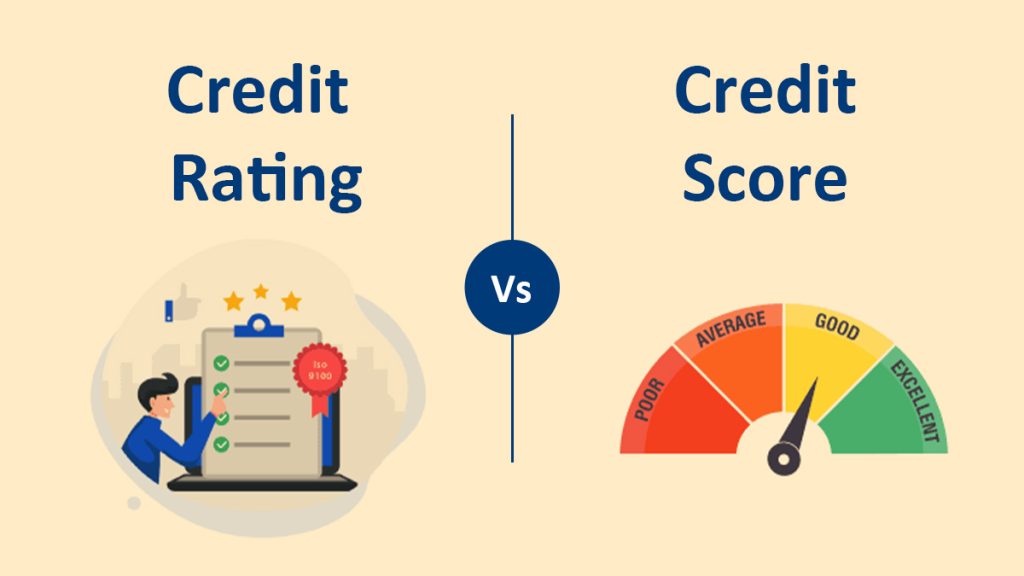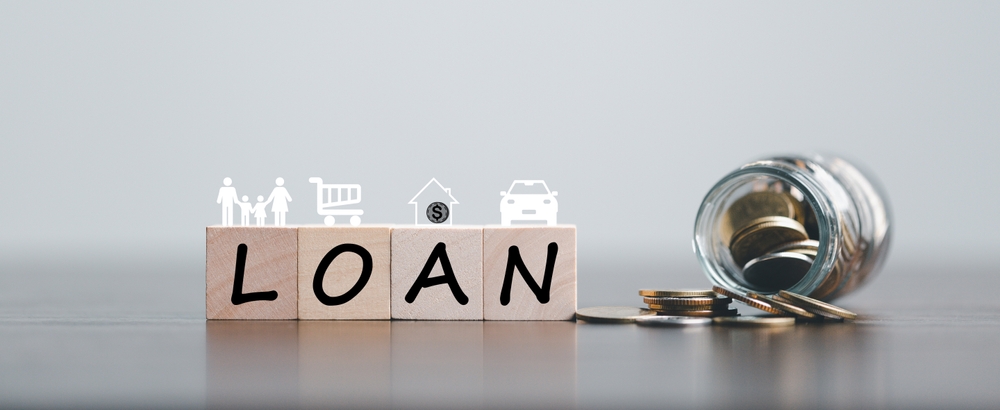The Mystery of the Dropping Credit Score: Why It Happens Without “Major” Moves
A perplexing scenario many consumers face: Your Credit Score dips, yet you haven't taken
Overview
A perplexing scenario many consumers face: Your Credit Score dips, yet you haven’t taken out a new loan or missed a payment.
No major financial explosions, just a slow, subtle slide. As shocking as it may seem, this is a common occurrence. Your credit score is a dynamic number that fluctuates based on ongoing credit behavior, not just your biggest transactions.
The calculation is complex and varies between credit bureaus, making it difficult to pinpoint the exact cause immediately. However, since your credit report is a detailed record of your entire credit history, every rise or drop can be traced back to its source.
Here are a few common yet overlooked reasons for your score to take an unprompted tumble.
The Silent Culprit: Your Credit Utilization Ratio
Think of your Credit Utilization Ratio as a measure of how “credit hungry” you are. It compares the amount of credit you’re currently using against your overall available credit limit.
If this ratio exceeds 40%, you enter a zone that lenders view with caution, hurting your score. This often happens subtly. For instance, making several large credit card purchases can consume most of your limit. Even if you pay the balance in full and on time, the initial reporting of that high balance to the credit bureau can cause a temporary dip in your score. You did nothing “wrong” by paying on time, but the moment you maxed out the card, the score reacted.
The Double-Edged Sword: Closing a Credit Account
Closing an old, unused credit account might seem like responsible financial housekeeping, but it can unexpectedly hurt your score. Here’s the trick: When you close a credit card, you instantly reduce your total available credit limit.
Take a look at an example…
Let’s say you have two cards with a total limit of ₹2,00,000. If you’ve used ₹50,000 on one card, your utilization ratio is 25%.
If you close the unused card that had a ₹1,00,000 limit, your total limit drops to ₹1,00,000, and your utilization ratio instantly jumps to 50%. This spike in your utilization ratio can cause your score to drop by a few points.
Another culprit is closing a loan account ahead of schedule, resulting in a small drop, due to associated penalties being reported or simply the change in your overall credit mix history.
The Ghostly Impact: Hard Inquiries
Every time you formally apply for new credit; be it a car loan, a mortgage, or even a new credit card; the lender performs a hard inquiry by pulling your credit score. This is an established fact that results in a small, sudden, yet often missed drop.
While the impact is minor, multiple hard inquiries over a short period signal to other lenders that you are actively seeking credit, which can be seen as an elevated risk, contributing to a slight but real decline in your score.
 Conclusion
Conclusion
Checking your own score is always a soft inquiry and has no negative impact. Regularly keeping an eye on your personal credit score report is the best defense against both unexpected drops and potential errors.



